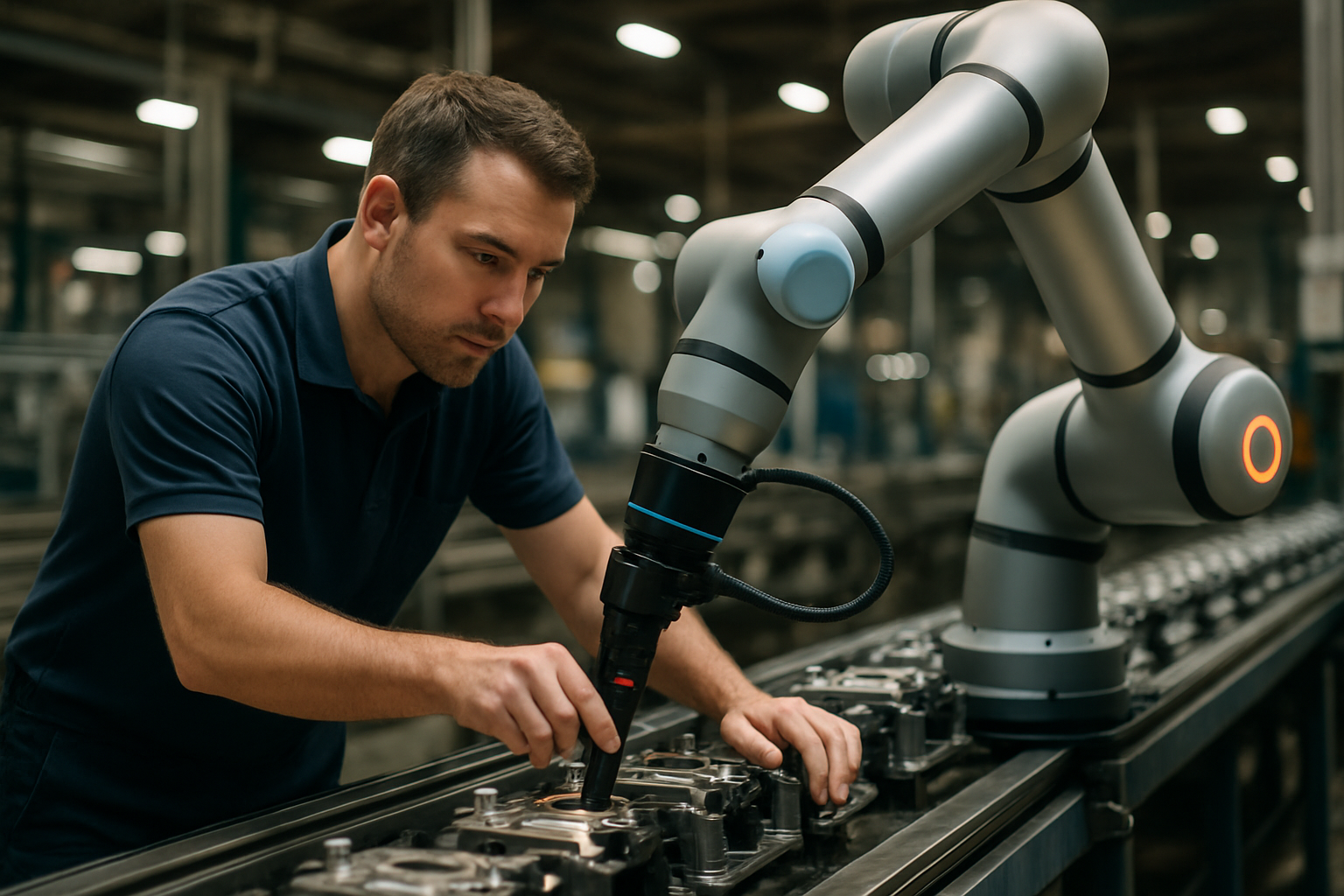Modular Production Systems: Reshaping Industrial Flexibility
Modular production systems are revolutionizing manufacturing landscapes, offering unprecedented adaptability in an era of rapid market changes. This innovative approach to industrial operations allows companies to swiftly reconfigure production lines, adapt to new product demands, and optimize resource utilization. As businesses seek agility in the face of evolving consumer preferences and technological advancements, modular production systems emerge as a game-changing solution.

The fundamental principle behind modular production is the creation of standardized, interchangeable units that can be easily rearranged or replaced. This approach allows manufacturers to adapt quickly to changing market demands without the need for extensive retooling or factory redesigns. As a result, companies can maintain competitiveness in rapidly evolving industries while minimizing downtime and capital expenditures.
Key Components of Modular Production Systems
At the heart of modular production systems are standardized interfaces and protocols that enable seamless integration of different modules. These components include:
-
Modular Equipment: Machinery and tools designed with standardized connections and interfaces, allowing for easy reconfiguration and replacement.
-
Flexible Conveyance Systems: Adaptable transportation systems that can be quickly modified to accommodate different production flows and layouts.
-
Standardized Control Systems: Unified control architectures that facilitate the integration and coordination of various modules within the production system.
-
Plug-and-Play Utilities: Modular utility systems for power, compressed air, and other resources that can be easily connected and disconnected as needed.
-
Reconfigurable Workstations: Ergonomic and adaptable workstations that can be adjusted to accommodate different tasks and product requirements.
Benefits of Implementing Modular Production
The adoption of modular production systems offers numerous advantages for manufacturers across various industries:
-
Increased Flexibility: Modular systems allow for rapid reconfiguration of production lines to accommodate new products or changes in demand, reducing time-to-market for new offerings.
-
Cost Efficiency: By enabling the reuse and repurposing of equipment and infrastructure, modular production systems can significantly reduce capital expenditures and operational costs.
-
Scalability: Manufacturers can easily scale production up or down by adding or removing modules, allowing for more efficient resource allocation and capacity management.
-
Improved Maintenance: Modular designs facilitate easier maintenance and repairs, as individual components can be quickly replaced or upgraded without disrupting the entire production line.
-
Enhanced Quality Control: Standardized modules and interfaces contribute to more consistent production processes, leading to improved product quality and reduced defects.
Challenges in Implementing Modular Production
While the benefits of modular production systems are significant, their implementation is not without challenges:
-
Initial Investment: The upfront costs of transitioning to a modular production system can be substantial, requiring careful financial planning and ROI analysis.
-
Standardization Efforts: Developing and adhering to standardized interfaces and protocols across different equipment and suppliers can be complex and time-consuming.
-
Workforce Training: Employees need to be trained in the operation and maintenance of modular systems, which may require new skill sets and adaptability.
-
Supply Chain Complexity: Managing a supply chain for modular components and ensuring compatibility across different suppliers can present logistical challenges.
-
Balancing Flexibility and Efficiency: While modularity offers flexibility, it may sometimes come at the cost of optimized efficiency for specific products or processes.
Future Trends in Modular Production
As technology continues to advance, modular production systems are poised for further evolution:
-
Integration with Industry 4.0: The convergence of modular production with smart manufacturing technologies will enable even greater flexibility and automation.
-
Sustainable Manufacturing: Modular systems will play a crucial role in creating more sustainable and circular manufacturing processes by facilitating equipment reuse and upgrades.
-
Micro-Factories: The principles of modular production will enable the development of highly adaptable micro-factories capable of serving niche markets and on-demand production.
-
Cross-Industry Standardization: Efforts to standardize modular interfaces across industries will lead to greater interoperability and collaboration between different sectors.
-
AI-Driven Reconfiguration: Artificial intelligence will optimize the reconfiguration of modular production systems based on real-time data and predictive analytics.
Implementing Modular Production: Key Considerations
• Conduct a thorough analysis of current production processes to identify areas suitable for modularization.
• Invest in standardized interfaces and protocols to ensure seamless integration of different modules.
• Develop a phased implementation plan to minimize disruptions to ongoing operations.
• Prioritize employee training and change management to ensure smooth adoption of modular systems.
• Collaborate with suppliers and industry partners to establish common standards for modular components.
• Regularly assess and optimize the modular system to ensure it continues to meet evolving business needs.
• Consider the long-term scalability and adaptability of the modular system when making investment decisions.
In conclusion, modular production systems represent a paradigm shift in manufacturing, offering unprecedented flexibility and adaptability in an increasingly dynamic business environment. As industries continue to face rapid technological changes and shifting market demands, the ability to quickly reconfigure production processes will become a critical competitive advantage. By embracing modular production principles, manufacturers can position themselves to thrive in an era of constant innovation and change, ensuring their operations remain agile, efficient, and future-ready.






